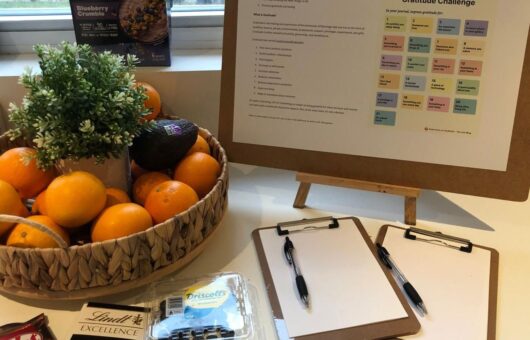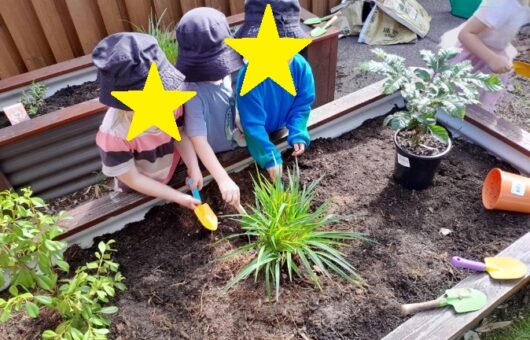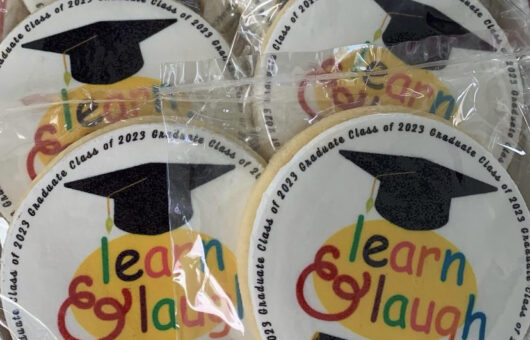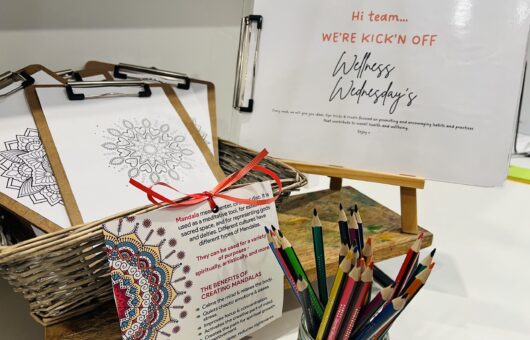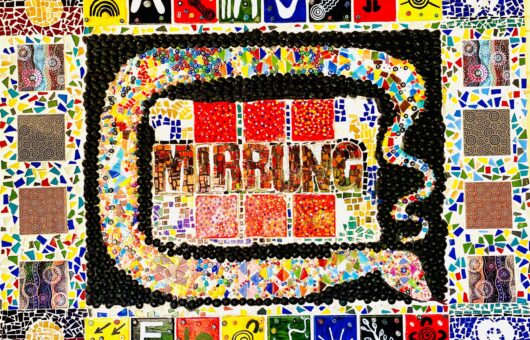Children are capable and competent.
The Early Years Learning Framework reflects leading perspectives and theories in early childhood, such as the Reggio Emilia Approach. One of the four beliefs of the Principles and Practices in the EYLF is that children are capable and competent. This is reflected in the Reggio Emilia concept for the Image of the child, where children are viewed as active and valuable members of the wider community who are capable members of society.
But what does that mean in Early Childhood?
At Learn and Laugh, part of our pedagogical belief is that children are capable and competent. With this mentality, educators provide a strong foundation for learning and development through a variety of learning experiences. This enables children to become empowered individuals with the ability to succeed and achieve new learning outcomes.
Every child is naturally curious, wanting to question, understand and interpret the world around them. At Learn and Laugh we aim to focus on the individual needs and strengths of the child, encouraging children to have opinions, provide suggestions and explore their surroundings. Our Educators support children in their learning to help them become capable and competent learners.

What does it look like in practice?
Our daily interactions and routines encourage self help skills, independent learning, positive self identity and a passion for learning. From a young age we educate children to look after and put away their own belongings, attempt to put their own shoes on, serve their own meals, pour their own water and so on, all while having the option of asking for help if needed.
Educators follow the children’s lead and plan experiences based on current interests. A child is more likely to learn when they are interested in the topic. We believe in teaching fundamental skills, whist using various teaching strategies, such as scaffolding, role modelling, and co-construction. This enables children to develop into proficient learners with a strong sense of identity.

What does viewing children as capable and competent mean to us?
“It doesn’t mean forcing them to be independent, but rather following their lead and encouraging them where they want to go with their capabilities” – Ally (Junior Room Educator)
“Allowing children to feel valued and respected in their decisions and ability to complete challenging activities. For example giving them the opportunity to complete tasks at their own pace instead of doing it for them.”- Rachael (Senior Room Educator)
“I like to follow each child’s lead, to allow them to tell us when they are ready for the next stage in their development” – Kelly (Nursery Room Educator)
